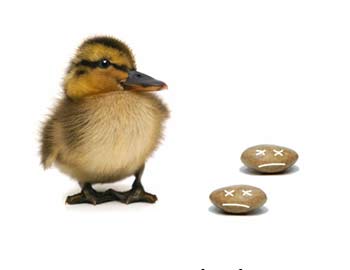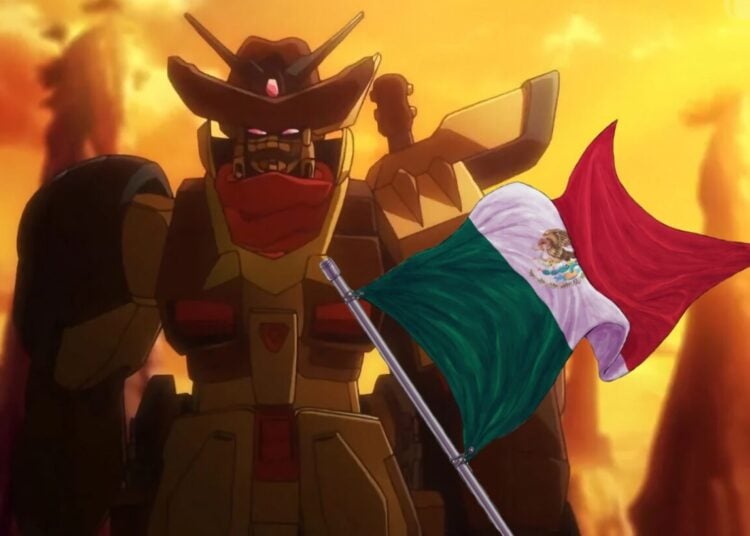Here are some more Japanese idioms, which can be fun for foreigners to pick up and use since no one expects us to know them. If something is too small, like your end-of-year bonus, it’s suzume no namida (soo-zoo-meh no NAH-mee-da, 雀の涙), which literally means the tear of a sparrow and is similar to the idea of “a drop in the ocean.” To express the concept of flattering or brown-nosing someone, there’s the phrase goma-suri (ごますり)which means to grind up sesame seeds — so if you laugh at a dumb joke your boss makes, you’re grinding his sesame seeds for him. If you’re hiding something but your secret is discovered, the Japanese would say shippo ga deta which means that your tail has popped out from inside your clothes, bringing up images of a wolf wearing human clothes. And if someone is kao ga hiroi (顔が広い)they literally have a “wide face,” which means that everyone knows them and that they have a lot of influence. Of course, many of the things we say in English — like “two birds with one stone” (isseki nicho 一石二鳥, lit. “one stone, two birds”) or “pearls before swine” (buta ni shinju、豚に真珠) — have been imported into Japanese and are commonly used, too.
















